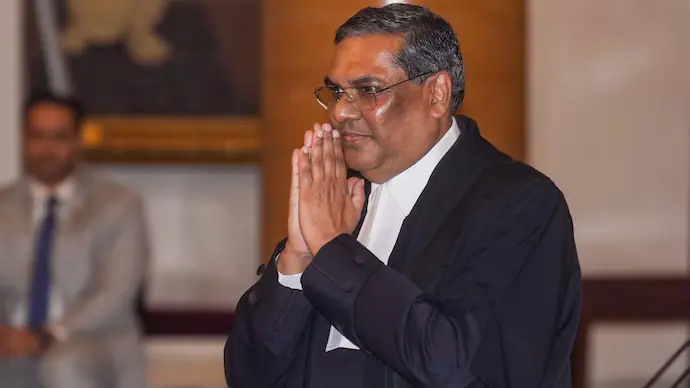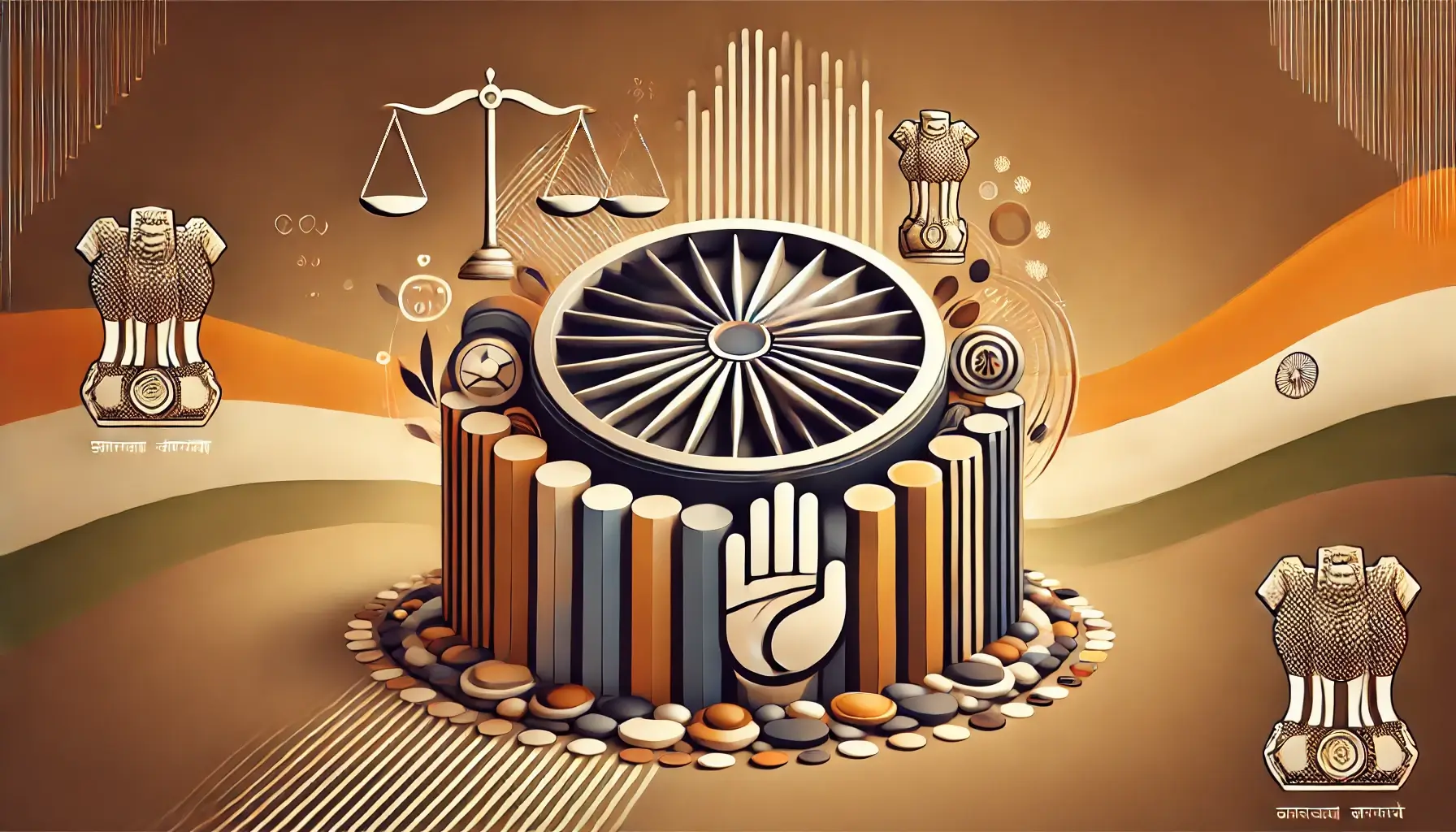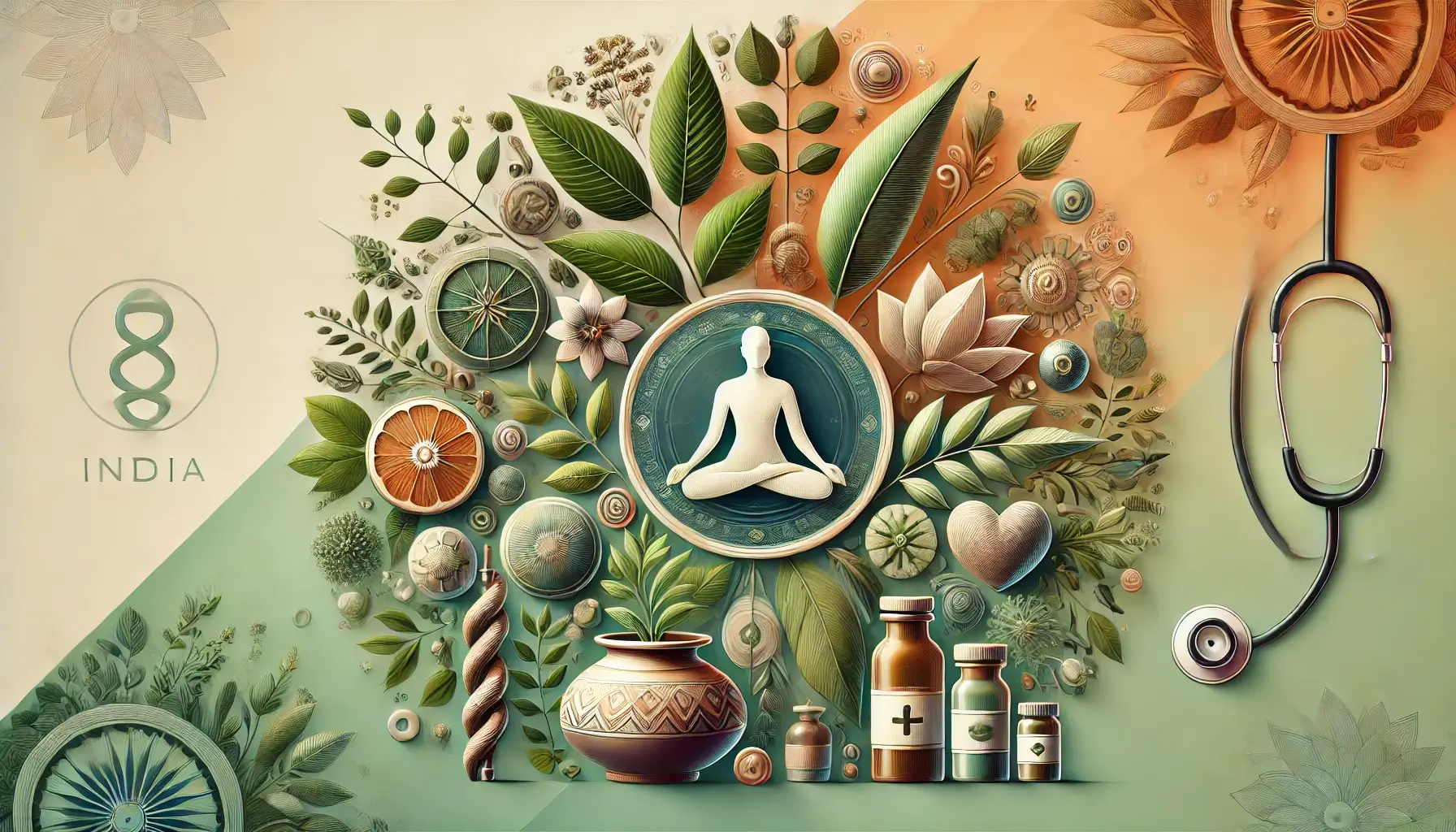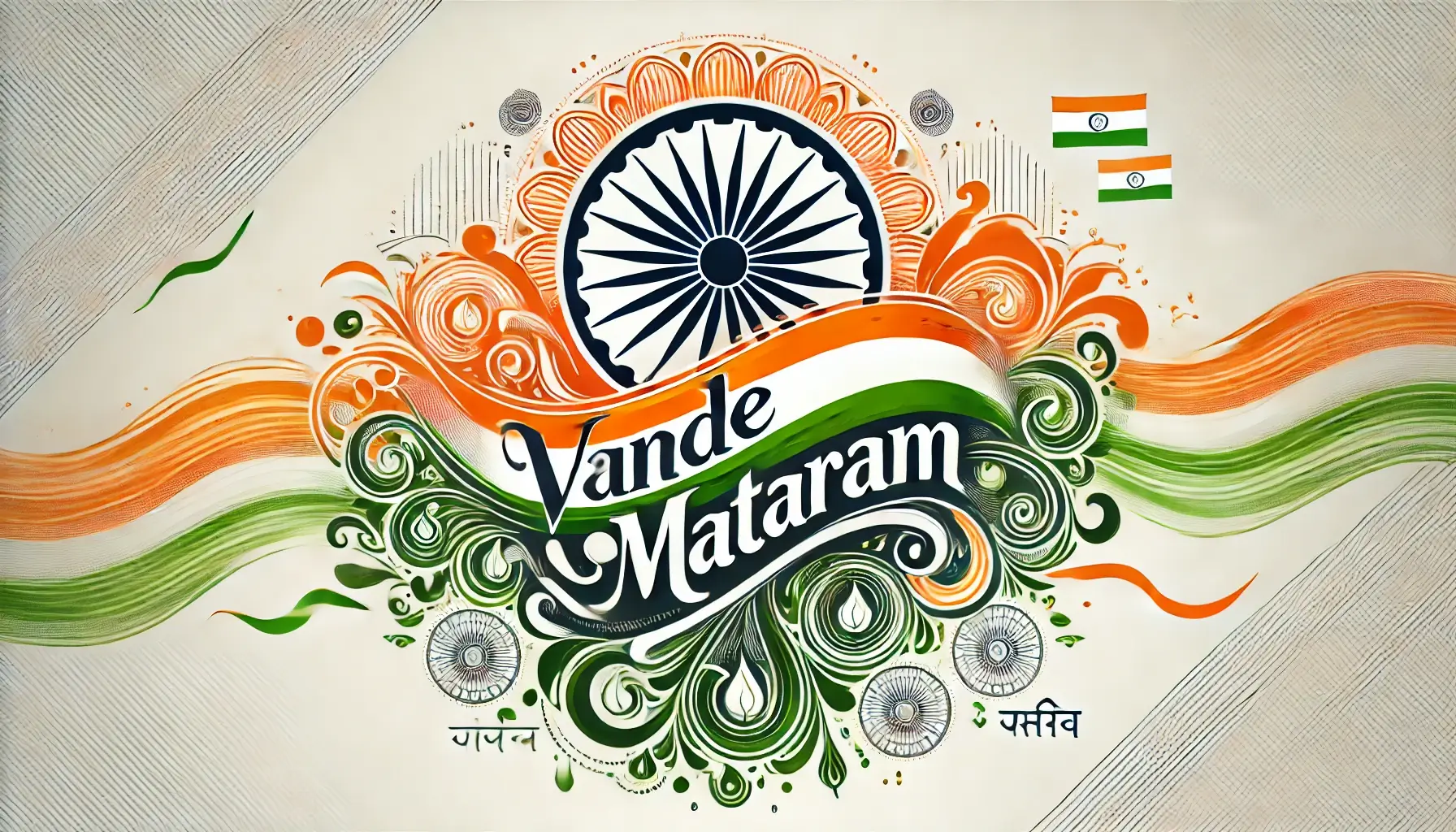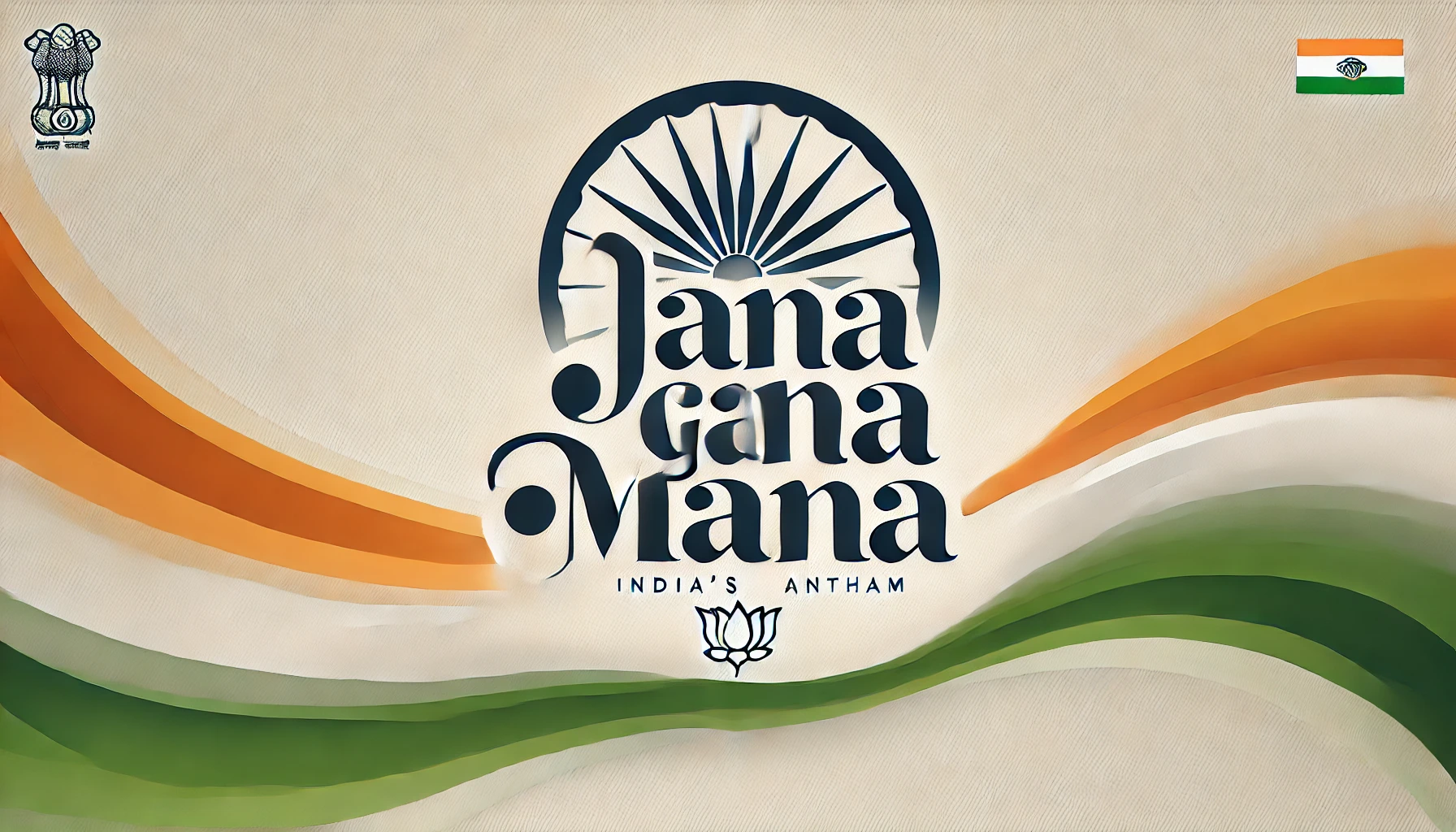Latest Blog Posts on Sanjiv Khanna: 51st Chief Justice of India, Fundamental Rights of Indian Citizens: Freedom, Equality, and Justice, India's Healing Methods: Ayurveda, Homeopathy, Allopathy, and More, Vande Mataram: India's National Song, Jana Gana Mana: India's National Anthem
Sanjiv Khanna: 51st Chief Justice of India
Sanjiv Khanna, born on May 14, 1960 (age 64), in Delhi, is the 51st Chief Justice of India, starting from November 2023 and serving until May 2024. He leads the Supreme Court and is responsible for ensuring justice in the country’s highest court.
The Chief Justice of India (CJI) is appointed by the President of India, based on seniority within the Supreme Court, following advice from the Union Council of Ministers.
Fundamental Rights of Indian Citizens: Freedom, Equality, and Justice
Indian citizens have Fundamental Rights, protected by the Constitution, which ensure respect, freedom, and equality for all. These rights include:
Right to Equality: Treats everyone equally before the law, with no discrimination based on race, religion, or caste.Right to Freedom: Gives freedom of speech, expression, and movement, along with the right to live and work anywhere in India.Right Against Exploitation: Prevents forced labor, child labor, and human trafficking.Right to Freedom of Religion: Allows all to follow and practice any religion peacefully.Cultural and Educational Rights: Ensures minorities can protect their culture and access education.Right to Constitutional Remedies: Citizens can go to court if these rights are violated.
These Fundamental Rights help build a fair and equal society in India.
India's Healing Methods: Ayurveda, Homeopathy, Allopathy, and More
India has many ways to treat the human body, combining ancient and modern methods. Ayurveda uses herbs and natural remedies to balance health. Yoga and Naturopathy focus on exercise, breathing, and natural healing. Unani Medicine uses herbal cures based on Greek ideas, while Siddha is an old healing system from Tamil Nadu. Homeopathy uses tiny doses to boost the body’s healing. Finally, modern Allopathy provides quick and effective treatments. Together, these methods offer a balanced approach to health in India.
Vande Mataram: India's National Song
India’s National Song, Vande Mataram, was written by Bankim Chandra Chatterjee in Sanskrit and first appeared in his novel Anandamath in 1882. It inspired India’s freedom struggle with its patriotic message and was officially recognized in 1950 when India became a republic. Vande Mataram has a special place in Indian history and is sung at national and cultural events, bringing pride and love for the country.
Jana Gana Mana: India's National Anthem
The National Anthem of India, Jana Gana Mana, was written by Rabindranath Tagore in the Bengali language and officially adopted on January 24, 1950. It represents India’s unity, diversity, and rich culture. It should be sung while standing as a sign of respect and takes about 52 seconds to complete. It is sung at national events, schools, and official functions, and should be sung slowly to maintain its respect and honor for the country.
